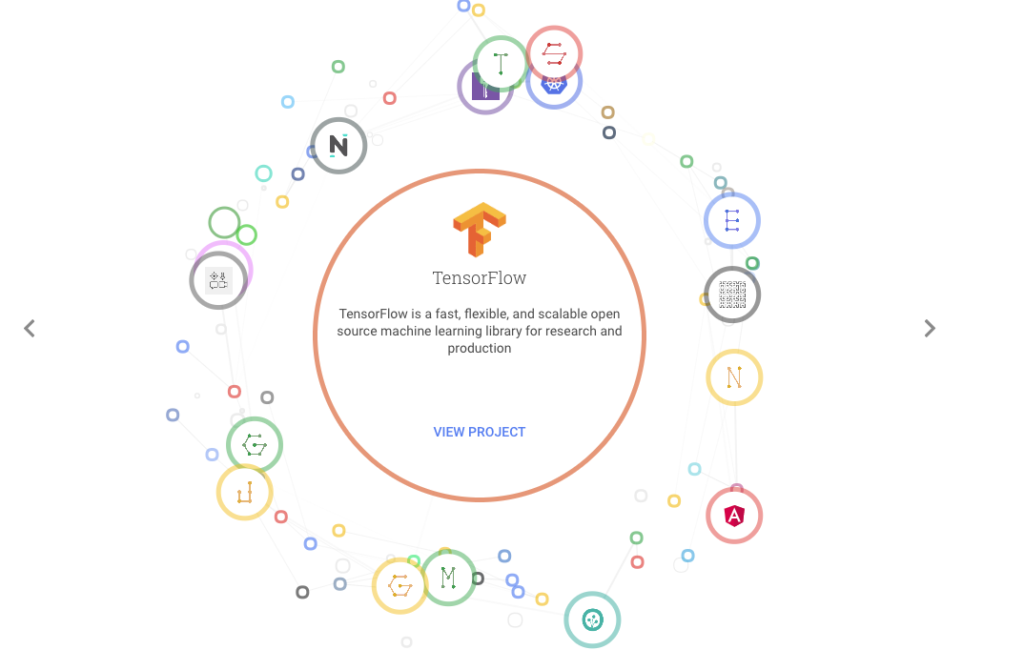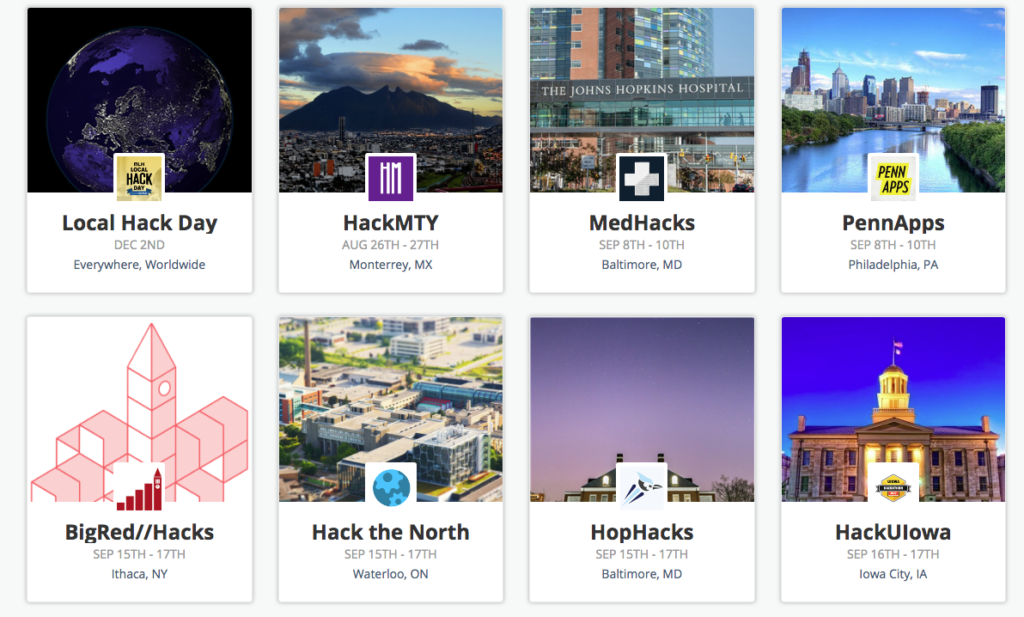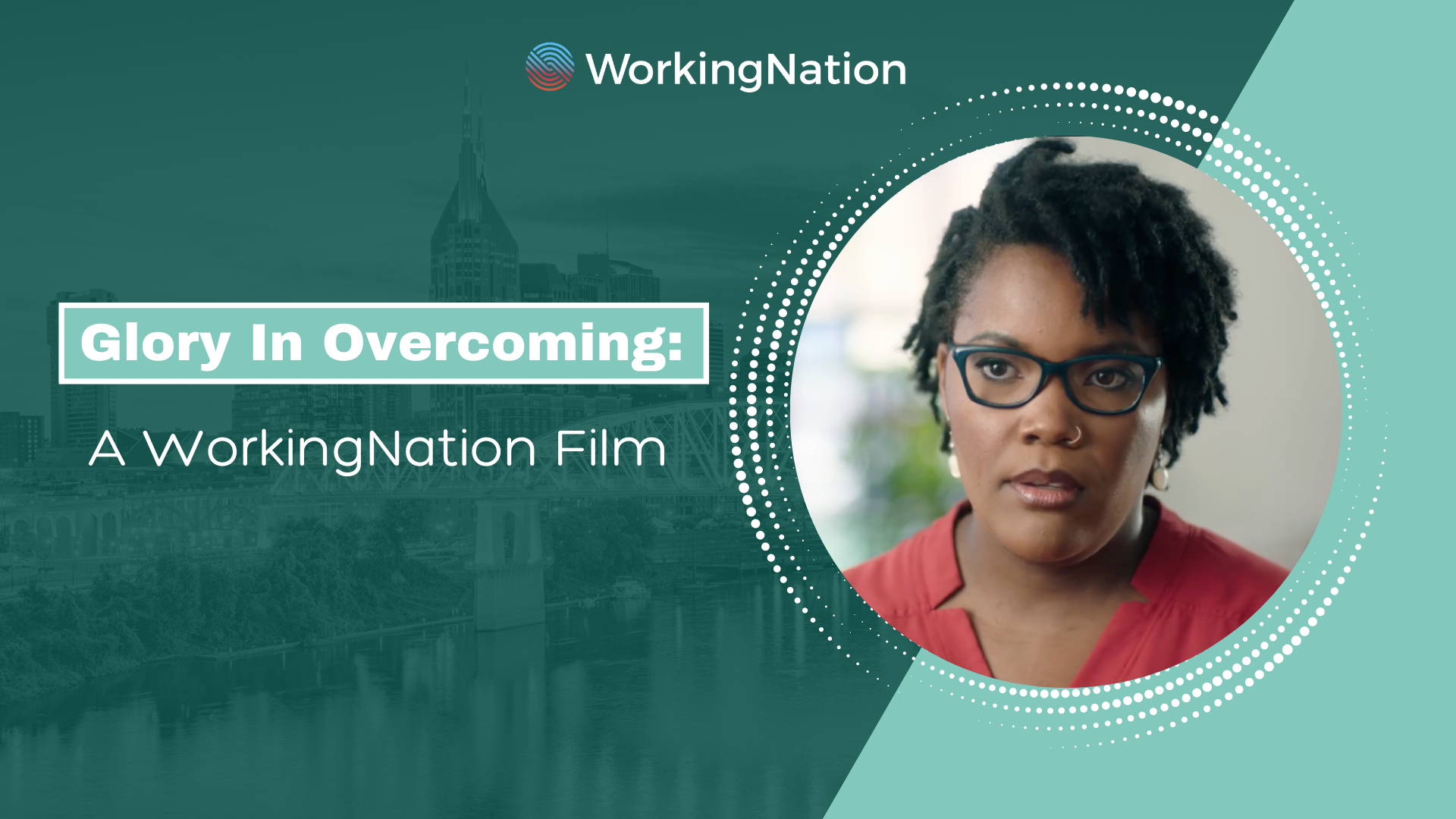In her Starting Out In Tech series, WorkingNation Associate Producer & Project Manager Jaimie Stevens shares her insight on what it takes to succeed in learning computer programming skills.

You hear it over again in whatever you want to be good at, practice, practice, practice. But what if you’re learning to code on the side of your day job? How can you find side projects that fit into your free time?
Even when you’re just starting out, having side projects is not only suggested, it’s necessary. Developers commonly have side projects to keep their skills in tune and stay in touch with new technologies and trends. Getting accustomed to taking this initiative outside of work can open a lot of doors for you in your career.
Ideally, if you are going to be working on a side project, it helps if it is something you are passionate about or it’s something that can be fun for you. Because let’s face it — if you are going to be working outside of office hours, it should be enjoyable! And if it’s enjoyable, then it will be prioritized, and it will be easier to hold yourself accountable for it, schedule time around it, and ultimately make progress.
But what’s the best way to jump into a side project?
Open Source projects are an excellent way to get your feet wet and help with somebody else’s project before starting your own. Open source projects are programs whose original developers have published the original source code to allow public use and modification. Through this, you can quickly become part of a team building on a community project. The easiest way to find a project here is through Google Open Source or Github.

In Github, there are hundreds of public code repositories that you can dig through. It’s essential to become familiar with working with other people’s code and committing to larger repositories and projects, as there are often skills that you might overlook when first starting out.
Another way to get involved with projects is to find tech startups that have public Slack channels of community Trello boards that anyone can join. This can allow you to see what features and technologies they are looking to build, and, if you’re able to participate with their community this openly, you could potentially contribute your code, or at least be able to see how their engineers work up close.
RELATED STORY: Hone your coding skills to make practice perfect
Another option, if you don’t have time to develop a side project but you want to get some experience is to participate in a hackathon.

The idea of a hackathon is to get a group of people together for what is typically a 24-48 hour period and compete against each other to build a company, app, or idea very quickly.
There are two types of hackathons — sponsored hackathons, where a company will post a problem they’re having, and teams will compete to solve it, or open hackathons, where teams will work around a set theme.
Hackathons offer you a way to show off the skills you’re gaining while simultaneously learning from the rest of your teammates.
You could always pick up small jobs off of freelance sites like Upwork or Freelancer and give those a try — these sites offer a good variety of tasks that vary widely on what they’ll require from you regarding both skills and time. It’s best to start with ones that will only take you a few hours before jumping into anything that’s going to take a lot of commitment on your part.
There are often stories about people who get unsolicited job offers from their projects. While this could happen, but don’t let it be your primary objective. Yes, make sure your side job applies to the kind of job that interests you. The more relevant it is to your chosen career path, the further it will get you.
Of course, make sure that this project reflects your quality of work. Employers will most likely look at side projects and appreciate that you took the time to make an effort. Your initiative will show that you are actively looking to improve.
But look at side projects as an opportunity to fine-tune your skills more than anything else. With this goal in mind, you will be able to appreciate the more tedious challenges for the lessons they are teaching you instead of stressing about the big picture. Learning to code is very much a step-by-step process, so it’s important to break the process down before anything else.
If you get frustrated, just remember that ultimately, these side projects are only meant to help you get to where you want to go. Even the slightest bit of progress is still progress.
These projects are there for you, where you want to take them is entirely up to you.
Join the Conversation: Share your thoughts on the latest Starting Out in Tech column on our Facebook page.
Coming Next Week: Jaimie shares her favorite coding blogs which will keep your skills sharp.











